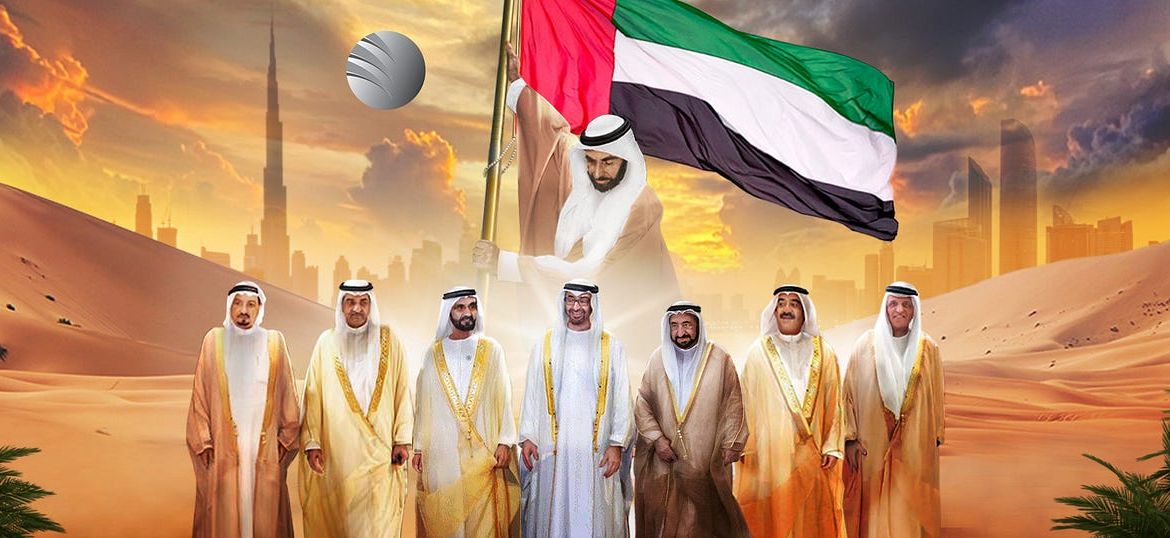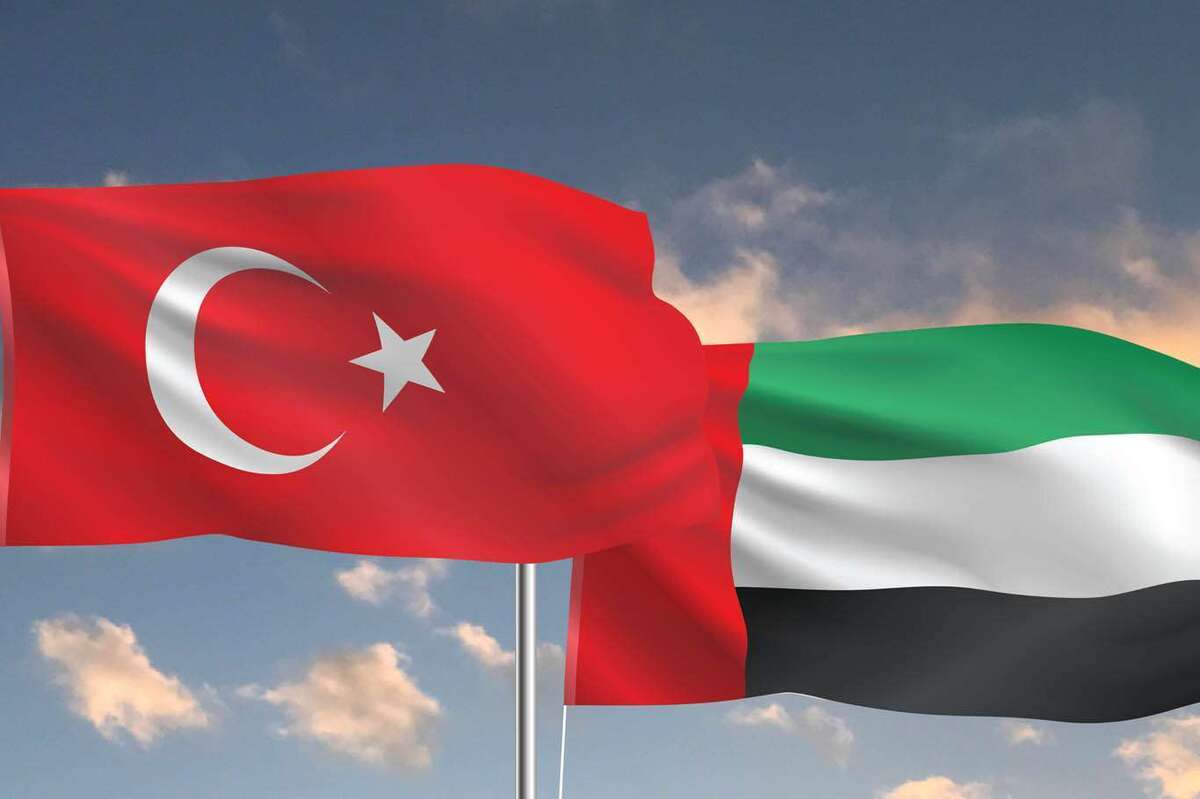
Introduction The United Arab Emirates (UAE) holds a crucial position in global trade and energy markets. Particularly, emirates like Fujairah, Hamriah, Sharjah, and Dubai play a significant role in both petroleum exports and international trade. Dubai’s secure and high-quality business environment has made it a reliable hub for global commerce.
The Strategic Importance of UAE in Petroleum and Trade The UAE possesses some of the world’s largest oil reserves, making it a key player in global energy supply. The petroleum and natural gas sector remains the backbone of the nation’s economy. Fujairah and Hamriah, with their strategic ports, are vital for oil exports and storage capacity. Their proximity to the Strait of Hormuz ensures a stable and secure route for global oil trade.

Fujairah: A Key Hub for Global Oil Trade Fujairah is one of the most important oil ports in the UAE. With direct access to international waters without passing through the Strait of Hormuz, it has become a strategic center for large-scale oil refineries and storage facilities. The Fujairah Oil Industry Zone (FOIZ) serves as a critical trading hub for many petroleum companies worldwide. Additionally, Fujairah’s advanced infrastructure and logistics network provide significant advantages to the energy sector.
Hamriah and Sharjah: Industrial and Commercial Powerhouses Hamriah Free Zone is one of the UAE’s leading industrial and commercial centers, especially for the oil, petrochemical, and manufacturing industries. Its duty-free trade policies, low operational costs, and modern infrastructure make it a prime destination for international investors.
Sharjah, the UAE’s third-largest emirate, is a key player in the manufacturing and logistics sectors. Its strategic location and well-developed ports have turned it into a major commercial hub. Large-scale investments in the energy and industrial sectors continue to drive Sharjah’s economic growth, further enhancing its trade significance.
Dubai: A Secure and High-Quality Trade Environment Dubai is recognized as one of the safest and most advanced trade centers in the world. Strategic hubs such as the Dubai International Financial Centre (DIFC) and the Port of Dubai provide ideal opportunities for businesses looking to invest in the region. Dubai’s secure business environment, transparent legal framework, and high quality of life make it an attractive destination for investors.

Dubai is also a leader in logistics and financial services. The Jebel Ali Free Zone (JAFZA) is one of the largest trade hubs globally, home to numerous international corporations. The safe and reliable trade environment in Dubai has made it a crucial stop for global capital flow and commerce.
Diverse Trade Sectors in UAE and Their Importance for the Middle East Beyond petroleum, the UAE is a major hub for various industries, including gold and jewelry trade, real estate, logistics, tourism, and technology. Dubai’s Gold Souk and the Dubai Multi Commodities Centre (DMCC) make it one of the world’s largest trading hubs for precious metals. The real estate sector, particularly in Dubai and Abu Dhabi, attracts billions in foreign investment annually.
The UAE also plays a significant role in the Middle East’s trade landscape, acting as a gateway between Europe, Asia, and Africa. Its ports handle a substantial volume of re-exported goods, making it a crucial node in the global supply chain. The strategic investments in technology and smart infrastructure continue to position the UAE as a regional and global trade leader.
Conclusion The UAE remains an indispensable player in petroleum and trade. Fujairah, Hamriah, Sharjah, and Dubai serve as strategic centers driving the nation’s economic growth. With Dubai providing a secure and high-quality trade environment, businesses and investors continue to thrive. As the UAE diversifies its economy, its influence on Middle Eastern and global trade is set to expand, reinforcing its status as a vital economic powerhouse.
